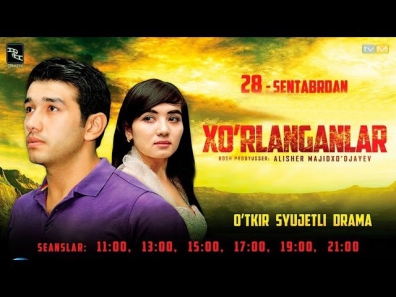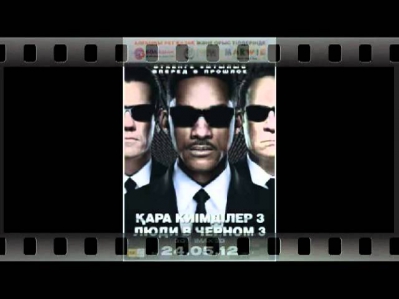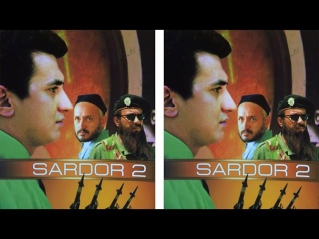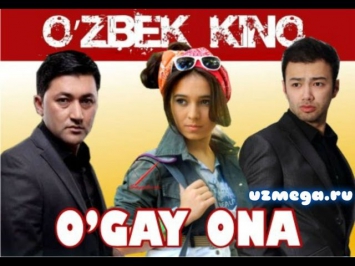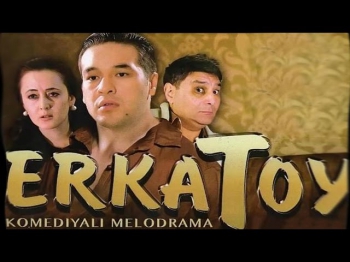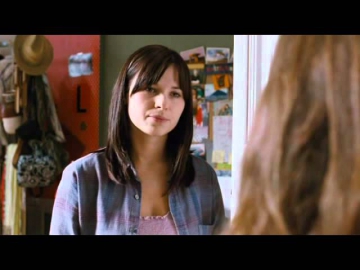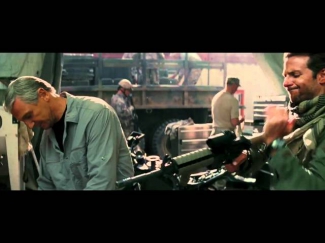Kino - Pack Of Cigarettes
kino-ussr.ru - Kino - Pack Of Cigarettes
Кино - Пачка сигарет The band was formed in the summer of 1981 in Leningrad, USSR (now St. Petersburg, Russia) as rock band Garin i giperboloidy (after Aleksei Nikolaevich Tolstoi's novel The Hyperboloid of Engineer Garin) consisting of Tsoi, Aleksei Rybin and Oleg Valinskiy. A year later, the name of the band was changed to Kino. Since rock music was considered a "bourgeois style" in Soviet Union, Kino, like the other rock bands, performed only in semi-underground clubs and at musicians' apartments (kvartirniks). In the summer of 1982, Kino's first album 45 (named for its length in minutes) was recorded as a collaboration with the band Aquarium. The album was slowly distributed through underground channels and gave a new fame to the group. The band's first real hit was the album Night released in 1986; the six songs from the album were included in the Red Wave: 4 Underground Bands from the USSR compilation disc released in the U.S. in 1986. At the beginning of the Perestroika era, the band gained more prominence, and the 1988 album Blood Type, together with the film Needle (Игла, Igla), which starred Tsoi, brought the band to the pinnacle of popularity. During the next two years, the band released another album and did shows in the USSR and abroad, attracting enormous audiences, until August 15, 1990, when Tsoi died in a car accident near Riga. The tape with the vocal track for the new album survived the accident. The album was completed by the rest of the band and released in 1990 without a title, though it is always cited as The Black Album since it has a wholly black cover. The band's popularity in the Soviet Union was so extraordinarily high that after Tsoi's death, the words Цой жив! ("Tsoi is alive!") and КИНО appeared on public surfaces throughout the country. Writing these words became a kind of a memorial ritual among fans of the band. Even today the slogan occasionally surfaces in urban graffiti. All Kino songs were written by Viktor Tsoi. His lyrics are characterized by a poetic simplicity. The ideas of liberty were present (one song was named "Mother Anarchy") but, on the whole, the band's message to the public was not overly politically charged. Their songs largely focused on life, freedom and love. Daily life is embedded in Kino's vocabulary (for instance, there is a song about the elektrichka, a commuter train many suburbanites use daily).

